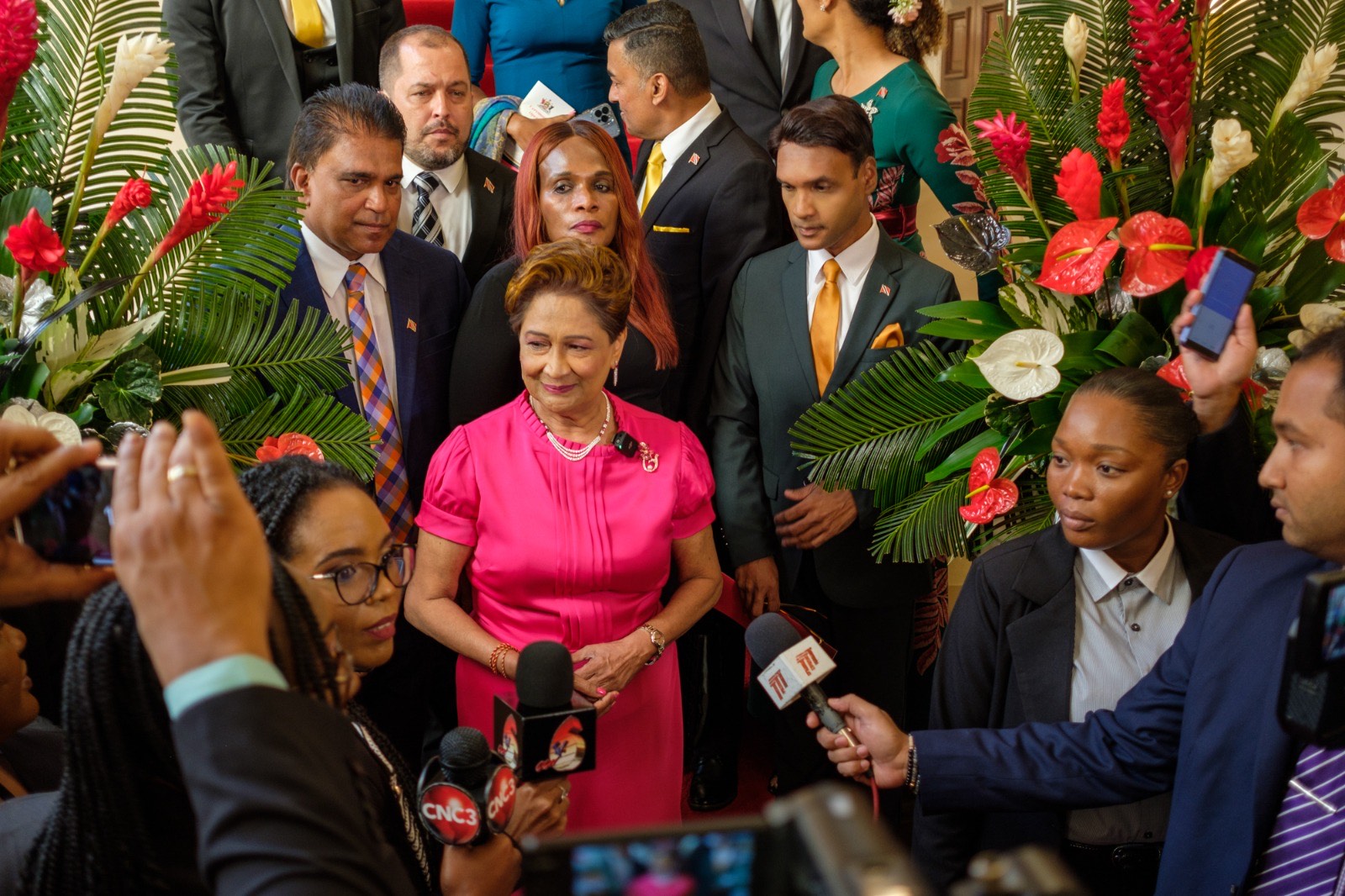GOVERNMENT cannot continue complaining about needing support in the fight against crime while simultaneously refusing help from others.
This is according to Opposition Leader Kamla Persad-Bissessar who said the party she leads, the United National Congress (UNC) always placed the interests of Trinidad and Tobago first.
She said, “However, this has not reduced our willingness to collaborate on crime-fighting as we have supported the Government on countless crime-fighting bills. Today we once again stand ready and willing.”

In a media release on Tuesday, she said multiple proposals have been forwarded by the UNC to government led by Prime Minister Dr Keith Rowley both inside and outside of the parliament.
“They have refused to even consider these proposals,” Persad-Bissessar stated.
She said, “To be clear, the Opposition stands ready and willing to not only support the government in the fight against crime but to also outline our clear and actionable crime solutions.”
Persad-Bissessar said that the UNC suggested Stand Your Ground legislation to give citizens a fighting chance, amending existing laws to make Firearm Users License (FUL) more accessible to law-abiding citizens and create the criminal offence of home invasions.
She said, “The population must be reminded that it was the UNC who brought the government to the discussion table in 2016 to assist with crime legislation. Again in April 2023, the UNC requested Keith Rowley to meet to discuss assisting the government with further anti crime measures. This offer of assistance was refused.”
Persad-Bissessar listed the several crime-fighting bills supported by the Opposition since 2015 including the Bail (Access to Bail) Amendment Bill, 2017 and several special majority Bills have also been passed with Opposition support.
Persad-Bissessar said, “The UNC has also presented a comprehensive plan to address the root causes of crime and implement short, medium and long-term solutions that are free and accessible to any member of the public including the Government.”
Some of these plans are:
1. Increased investment in education
2. Job creation
3. Social programmes
4. Rehabilitation policies and plans for prisoners
5. Bail Reform
6. Updated law enforcement training
7. Adjustments to ministerial portfolios
8. Scientific improvements in training, investigations, and data analysis for crime prevention
9. Support for children who lost parents to crime
![]()












